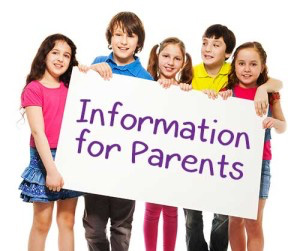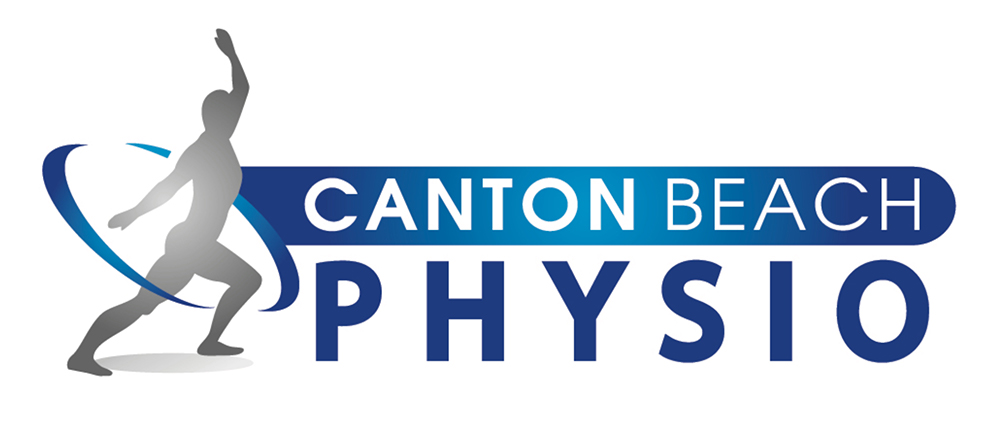Services
speech Pathology
Canton Beach Speech Pathology provides personalised speech therapy for children and adolescents.
Speech Pathologist, Jacqui Collins, specialises in providing assessment and speech therapy for children aged from infancy to adolescence, with a range of communication difficulties, including:
- Speech and Articulation
- Language (understanding and expression)
- Stuttering
- Literacy
- Social skills
- Communication difficulties associated with Down Syndrome, Cerebral Palsy, Global Developmental Delay and more.
Located in Toukley on the Central Coast of NSW, Canton Beach Speech Pathology provides speech therapy services to families all over the Central Coast regions.

Assessment
How do I know if my child needs an assessment?
A discussion with a speech pathologist can help determine whether your child’s skills are within the normal developmental range, or if an assessment is indicated.
What happens when I contact the clinic?
If you’d like your child to be seen by a speech pathologist, the first step is to phone us or drop in. Your first contact will be with our office staff, who will take down details about the age of your child and what you are concerned about. A speech pathologist will then contact you to discuss this in more detail and to arrange an appointment time for an assessment.
What happens during an assessment?
During the assessment, our speech pathologist will use a variety of tests to evaluate your child’s speech, language and literacy skills, these will be in the form of games, activites or structured assessments.
What is the speech pathologist assessing?
- Articulation – the way speech sounds are made by the mouth.
- Auditory Processing – paying attention to, analysing and organising information we hear.
- Dysfluency (stuttering) – sounds, syllables or words may be repeated or “stuck”.
- Dyspraxia – difficulty planning and co-ordinating mouth movements for clear speech.
- Expressive Language – use of vocabulary, grammar, explanations and story-telling.
- Phonology – the way speech sounds are organised in our brain so the right sound is used in the right place.
- Phonological Awareness – abilities such as breaking words into syllables and sounds, and combining sounds to make words (necessary for literacy development).
- Pragmatics – social skills, ability to use language appropriately.
- Pre-language Skills – skills such as eye-contact, attention and turn-taking.
- Receptive Language – understanding of questions, concepts, instructions and conversation.
What happens after the assessment?
After the testing is complete, the speech pathologist will discuss the results with you. This includes discussing how your child did on each test, what effect this could have on your child’s communication skills and school learning, and what action is recommended.
Our Speech Pathologist is happy to talk to teachers and other specialists working with your child. Your speech pathologist may recommend that your child have a hearing test, or have further testing with a psychologist, paediatrician or occupational therapist.
Frequently Asked Questions
We have compiled a list of common questions asked about speech pathology.
Do I need a doctor’s referral to access speech pathology?
No. You do not require a referral from a GP to access speech pathology. Just call up and you can book your child in.
Can I get a rebate from medicare?
Some people may be eligible for a medicare rebate towards the cost of speech therapy services. Please feel free to discuss the Chronic Disease Management Plan/ GP Management Plan – Medicare with us, or with your family’s general practitioner.
Is speech therapy covered by health insurance?
Private health insurance may be used to claim some or all of the cost of speech pathology sessions. It is advised that you check with your private health fund to see if speech pathology is covered. At Canton Beach Speech Pathology we are registered with HICAPS making claiming costs through your health fund efficient and easy.
Is my child too young for speech therapy? Or What age should be child start speech therapy?
No age is too young for speech therapy. In fact, for most disorders, children will respond better when they are young.
How often do we need to attend?
Ideally weekly therapy is recommended …. but this is not possible from many families. We can arrange less frequent sessions to meet individual needs.
Will my child grow out of it without therapy?
Possibly yes. However, an assessment is recommended to inform you if it’s a developmental milestone which will be corrected with age and provide you with peace of mind or if treatment is required.
